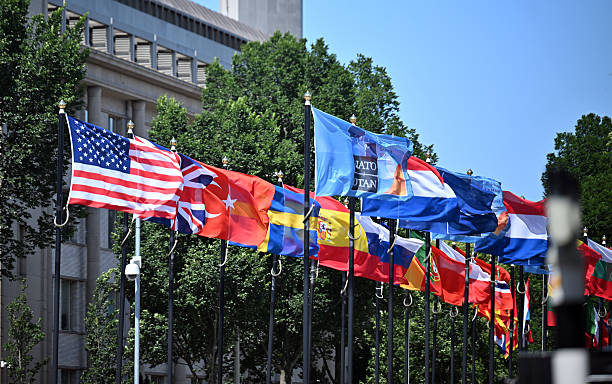Bill banning transgender service members proposed to Congress
A bill proposing to prohibit transgender people from serving in the military has been introduced in Congress, causing concern amongst members of the community who have already experienced several policy reversals.

Introduced by Republican Senator Marco Rubio and Republican Representative Jim Banks, the “Ensuring Military Readiness Act” is unlikely to pass the Democratic-controlled Senate, but advocates worry it represents a future specter of policy reversal for transgender people. Republicans are also likely to propose amendments on the issue during the annual defense policy bill later this year.
Congress should start by passing the bipartisan bill I introduced last October that would protect transgender members of the U.S. military by preventing DoD from removing currently serving members of the Armed Forces based solely on their gender identity.
— House Armed Services Democrats (@HASCDemocrats) March 24, 2018
Transgender service members and veterans have voiced concerns that policy changes over the past six years, including the Trump-era ban, the Biden administration revoking it and the new legislation, have taken a toll on their financial stability, mental wellness, and long-term planning.
Additionally, banning transgender people from serving in the military, who are around twice as likely as the general population to have served, would exclude a critical population from enlisting when recruitment goals are already a challenge for the armed forces.
The Palm Center’s research (a think tank that focuses on LGBTQ+ military issues) from 2020 concluded that the Trump-era ban harmed military readiness by impeding recruitment, retention, cohesion and morale in the military, in addition to hurting the military’s reputation.
Those who support the proposed ban argue that the issue is discouraging many potential recruits from enlisting, while conservatives criticize it as one of many unneeded diversity initiatives However, transgender people are about twice as likely as the general population to have served in the military, so the ban would exclude a critical population from enlisting when the armed forces are consistently struggling to meet recruitment goals.
With estimates placing the number of transgender people serving in the military at around 15,000 as of 2018, the military remains the largest employer of transgender people in the country. The proposed ban threatens troops’ economic stability and freedom to pursue their plans, as they could be prohibited from serving in the military if a conservative Republican captures the White House in 2024 and uses executive action to re-impose the ban.
Transgender service members and veterans, however, note the benefits they offer the military, including diversity of perspectives.
“There are no negative impacts to our deployability, and the diversity that we bring brings increased readiness and increased lethality,” said Alleria Stanley, a 20-year Army veteran who currently serves as director of communications at SPARTA, a transgender military advocacy organization. “By our diversity, we increase additional ideas, perspectives and insights from our unique points of view.”





.avif)
.jpg)
Conversation